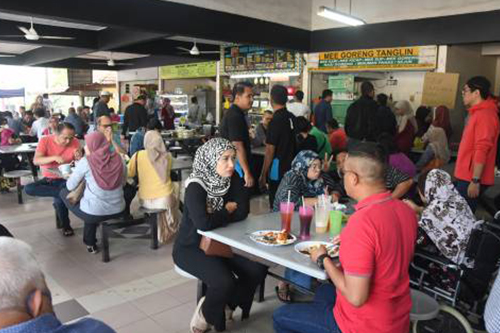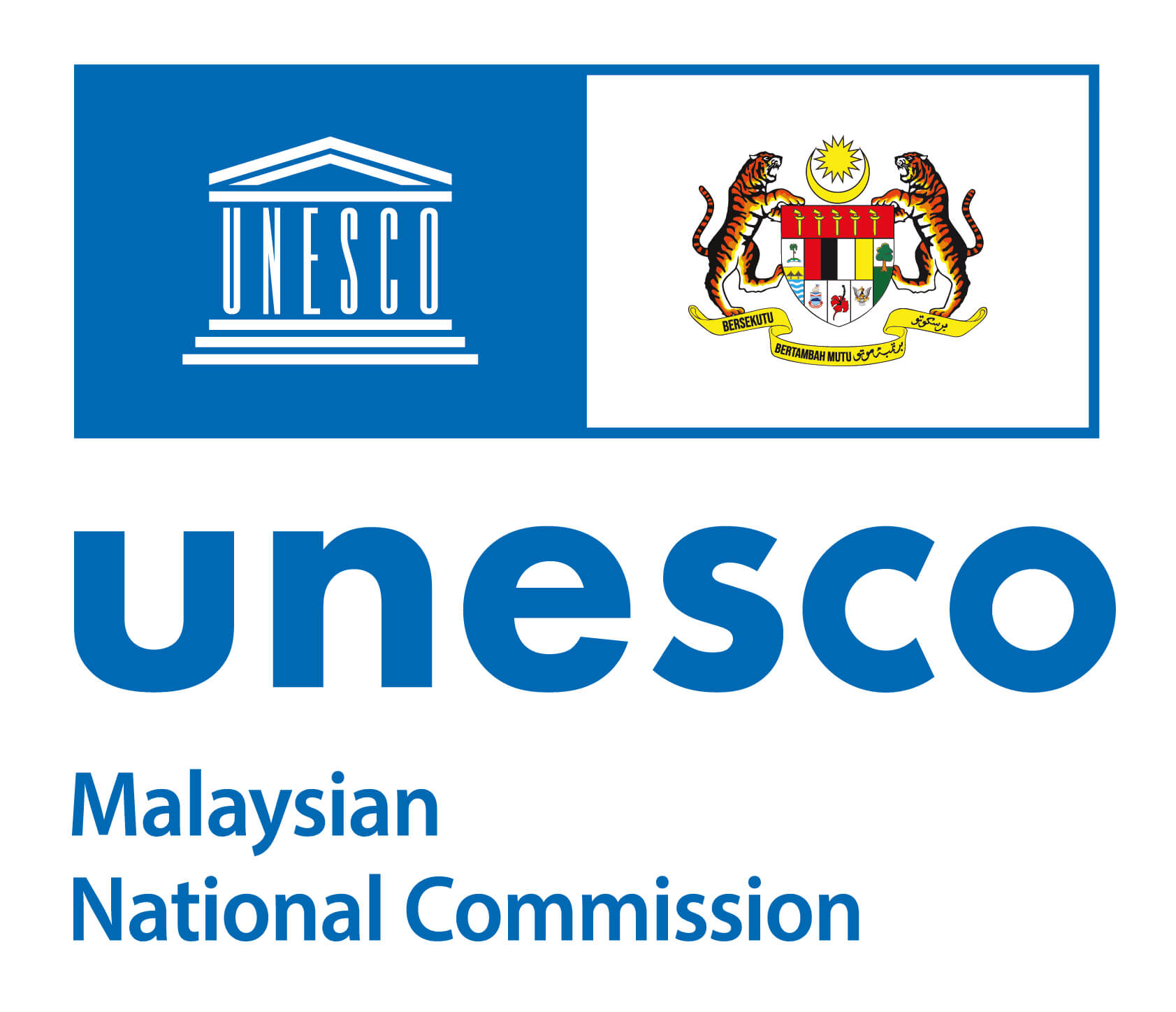UNESCO's Recognition > Culture > Intangible Cultural Heritage (ICH) > Breakfast Culture in Malaysia: Dining Experience in a Multi-ethnic Society

Breakfast Culture in Malaysia: Dining Experience in a Multi-ethnic Society (2024)
A Delightful Fusion of Flavors in a Multi-Ethnic Society
In Malaysia, breakfast is more than just the first meal of the day—it’s an invitation into the country’s vibrant, multicultural identity. Malaysia’s multi-ethnic society means that breakfast offerings are a delicious blend of flavors influenced by the country’s three major ethnic groups: Malay, Chinese, and Indian, along with contributions from the indigenous communities and immigrant cultures. From the sweet to the savory, the variety of breakfast dishes available in Malaysia is as diverse as its people.
A typical Malay breakfast might include nasi lemak, a fragrant rice dish cooked in coconut milk and served with sambal (spicy chili paste), fried anchovies, and boiled egg—often paired with teh tarik, a frothy, sweetened milk tea. The Chinese community offers a range of breakfast treats such as dim sum (small steamed dumplings), congee (rice porridge), and roti bakar (toasted bread with kaya jam and butter), often enjoyed with a cup of kopi (local coffee). Meanwhile, Indian Malaysians might start their day with roti canai (flaky flatbread served with dhal curry), or idli and vadai (steamed rice cakes and lentil fritters), washed down with a strong teh tarik or milo.
Street-side hawker stalls and bustling coffee shops, known as kopitiams, are the heart of Malaysia’s breakfast culture. Here, people from all walks of life gather to savor these humble yet flavorful dishes, whether sitting with friends and family or enjoying a solitary moment of reflection before starting the day. The informal and communal nature of breakfast in Malaysia fosters a unique sense of connection, transcending ethnic boundaries and showcasing the harmony within this diverse nation.

